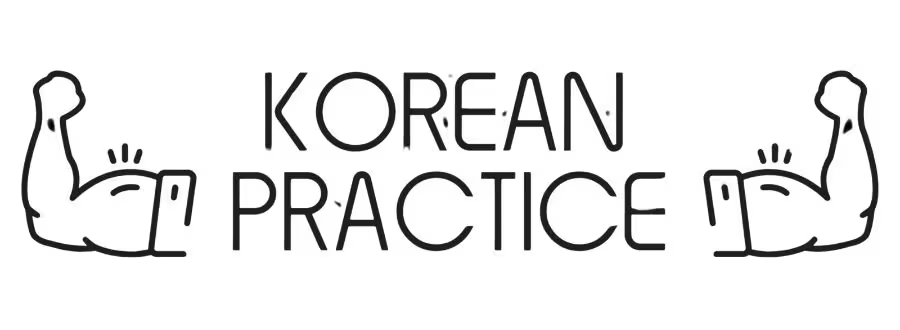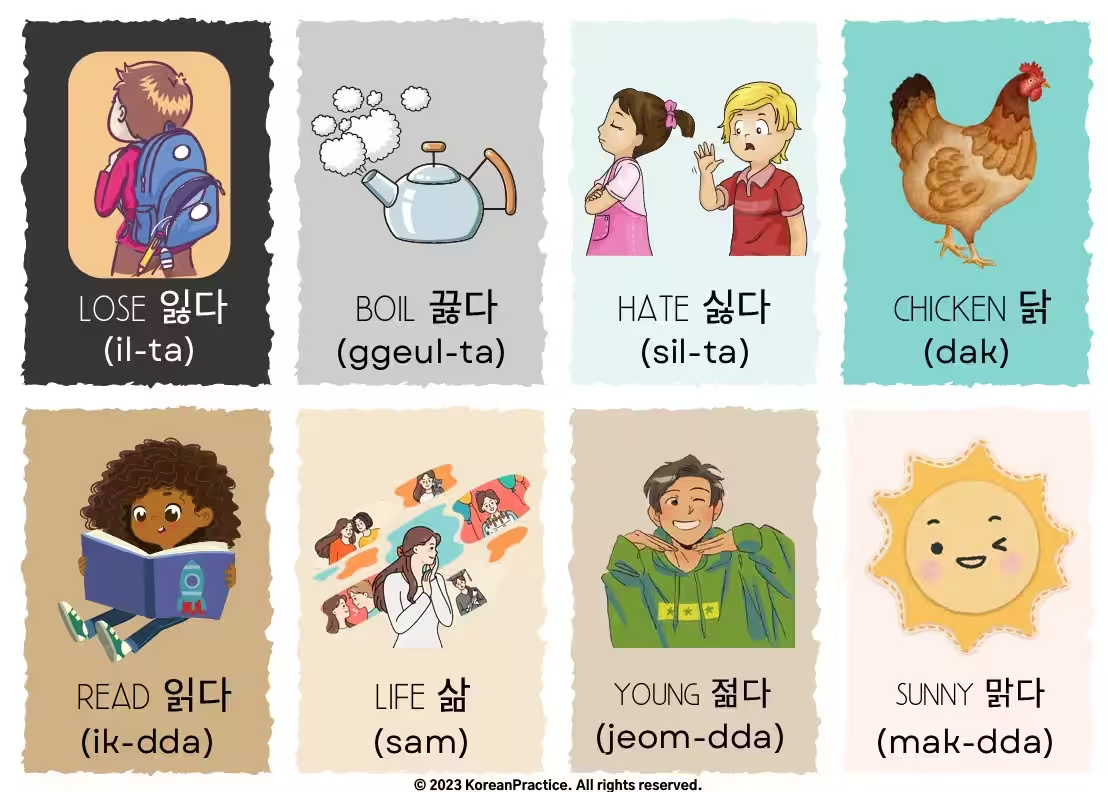Suh ChangWhoon
Written by 서 창훈, a certified Korean teacher with 14+ years of experience in Japan. He previously worked as a government officer, cybersecurity consultant, and English interpreter. Today, he teaches Korean in real classrooms without complex grammar explanations — instead, he trains students’ brains to speak naturally. His unique method is now the foundation of all his Korean courses.
Table of Contents
눈치를 보다 Meaning in English
The Korean phrase 눈치를 보다 meaning in English can be translated as “to read the room” or “to assess the situation” in English. 눈치를 보다 meaning in English often refers to observing someone’s reactions or the overall mood of a situation to determine how to act or respond.
For example:
- “He’s trying to figure out if he made a mistake” becomes 그는 실수했는지 눈치를 보고 있어.
- “She read the room before speaking” becomes 그녀는 말하기 전에 눈치를 봤어.
In essence, 눈치 refers to one’s intuition or ability to pick up on social cues, and 보다 means “to see” or “to observe.” Combined, 눈치를 보다 highlights the culturally significant practice of being attuned to others’ feelings or the environment in Korean society.
눈치를 보다 Nuances and Usage
The nuance of 눈치를 보다 lies in its emphasis on social awareness. It’s often used in contexts where one needs to gauge how others feel before acting.
Here are some key contexts for 눈치를 보다:
- Avoiding Conflict: Carefully observing reactions to avoid upsetting someone.
- 예: 상사 눈치를 보면서 일해야 해요. (I have to work while watching my boss’s mood.)
- Gauging Timing: Deciding the right moment to act or speak.
- 예: 그는 눈치를 보며 질문을 했어. (He asked a question after gauging the atmosphere.)
- Seeking Approval: Checking if your actions are accepted by others.
- 예: 아이가 엄마 눈치를 보며 장난감을 사달라고 했다. (The child glanced at their mom for approval to ask for a toy.)
Understanding 눈치를 보다 meaning in English is key to mastering Korean social dynamics and conversations.

눈치를 보다 Example 1
Original Korean Sentence
상사 눈치를 보면서 일해야 해요.
Pronunciation Guide
상사 (sang-sa) 눈치를 (nun-chi-reul) 보면서 (bo-myeon-seo) 이래야 (i-rae-ya) 해요 (hae-yo).
Meaning and Context
상사 (boss; A person in a higher position at work) 눈치 (sense/awareness): The ability to read others’ feelings or situations without them saying it directly 보면서 (while watching/observing): 보다 (to see/watch) + * 면서 (while) 일해야 해요 (have to work): 일하다 (to work) + * 해야 해요 (have to; I’m telling you polite and friendly)
Pronunciation Patterns for Conjugations
⊳ 하 changes to 해
Grammar
면서: Expresses two actions happening at the same time
해야 해요: Expresses obligation or necessity
Culture
In Korean workplace culture, reading the mood and understanding your boss’s expectations without direct words is considered important.
English Translation
I have to work while being mindful of my boss’s mood.
Literal Translation
While watching boss mood, (I) have to work.
This is just a small taste of my sentence breakdowns.
My “Story Style Breakdown™” method — where I teach grammar through simple, story-like sentence breakdowns—is only inside my course.
Most Korean courses stop at grammar. Mine goes beyond — with stories, breakdowns, and real practice to help you speak.
눈치를 보다 Example 2
Original Korean Sentence
그는 눈치를 보며 질문을 했어.
Pronunciation Guide
그는 (geu-neun) 눈치를 (nun-chi-reul) 보며 (bo-myeo) 질무늘 (jil-mu-neul) 햇써 (haet-sseo).
Meaning and Context
그 (he) 는 (my topic is he) 눈치를 보며 (while gauging the mood): 눈치 (sense/awareness) + 를 (my object is the mood) 보다 (to see/watch) + * 며 (while) 질문을 했어 (asked a question; I’m telling you casually): 질문 (question) 을 (my object is question) 했어 (did; I’m telling you casually)
Grammar
며: Connects two actions happening simultaneously
English Translation
He asked a question while carefully gauging the mood.
Literal Translation
While watching mood, he asked a question.
눈치를 보다 Example 3
Original Korean Sentence
아이가 엄마 눈치를 보며 장난감을 사달라고 했다.
Pronunciation Guide
아이가 (a-i-ga) 엄마 (eom-ma) 눈치를 (nun-chi-reul) 보며 (bo-myeo) 장난까믈 (jang-nan-gga-meul) 사달라고 (sa-dal-la-go) 햇따 (haet-dda).
Meaning and Context
아이 (child) 가 (I’m going to talk about the child) 엄마 눈치를 보며 (while watching mom’s mood): 엄마 (mom) + 눈치 (sense/awareness) + 보다 (to see/watch) + 며 (while) 장난감 (toy) 을 (object marker) 사달라고 했다 (asked to buy): * 사다 (to buy) + 달라고 했다 (asked for something; I’m narrating)
Grammar
*사달라고 하다: A polite way to ask someone to do something for you
English Translation
The child asked their mom to buy a toy while watching her mood.
Literal Translation
While watching mom mood, child asked to buy toy.
🎁 Free Korean Flashcard
Conclusion: 눈치를 보다 meaning in English
눈치를 보다 meaning in English reflects a deep cultural focus on empathy and social harmony. Mastering this phrase can help you navigate Korean interactions with confidence and finesse.
Want to learn more Korean expressions like the meaning of 눈치를 보다? Check out my Story Courses for an easy and engaging way to enhance your Korean fluency!








